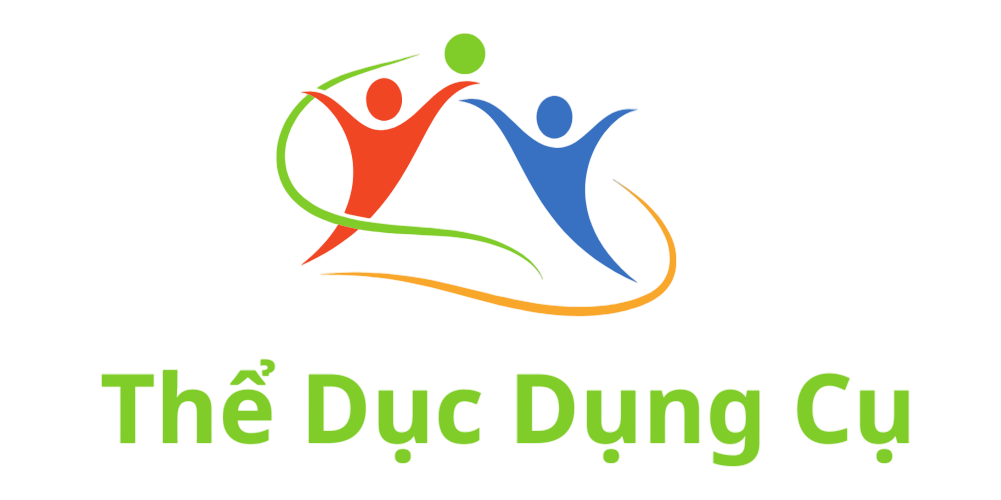The travel industry in 2025 stands at a juncture of progress and stewardship. As global tourism recovers to pre-pandemic levels, travelers and industry participants alike are navigating a landscape transformed by environmental priorities, technological advancements, and evolving traveler demands.
## Green and Environmentally Aware Travel
The necessity for sustainability has become a foundation of modern travel. By 2025, the tourism sector is projected to generate 6.5 billion metric tons of climate pollutants, necessitating swift interventions. Destinations like Costa Rica and Bhutan are leading this charge, with the latter maintaining its status as the world’s only emissions-reversing country through strict visitor caps.
Revitalizing tourism models, such as New Zealand’s Māori-led green adventures, are gaining traction. These initiatives reflect a broader shift: 73% of travelers now favor brands with robust sustainability practices.
## Personalization and Personalized Adventures
Premium tourism in 2025 is synonymous with hyper-personalization. Selective visitors seek transformative journeys customized to their unique interests. Providers like LuxGroup emphasize “conscientious indulgence,” merging indulgence with local integration.
Artificial Intelligence is revolutionizing trip planning, enabling adaptive schedules that respond to immediate interests. This trend aligns with findings that 64% of luxury travelers prefer customized deals over generic options.
## Combating Overtourism Through Creativity
Overtourism remains a pressing issue, prompting travelers to seek “substitute spots” and shoulder-season visits. Cities like Ljubljana are alleviating congestion through vehicle-restricted areas and bike pathways.
Authorities are intervening; Amsterdam and Majorca have enacted guest ceilings and etiquette standards to preserve local ecosystems.
## Technology’s Role in Hassle-Free Tourism
AI’s influence reaches beyond personalization into operational efficiency. Chatbots handle 24/7 customer inquiries, while data projections optimize flight schedules and hotel pricing. Digital simulations previews allow travelers to “sample” destinations before booking.
Apps like Seven Corners streamline trip management, offering instant notifications on weather, crowds, and transportation delays. Cryptographic recordkeeping enhances transparency in carbon offset programs.
## Prolonged Trips and Cultural Immersion
The era of rushed itineraries is declining. Affluent visitors are averaging two-week stays to intensify cultural connections. Families are increasingly embracing “professional voyages,” merging remote work with prolonged visits.
## Occasion-Focused Travel and Unconventional Activities
“Event hopping” has surged, with fans journeying internationally for major events. Astrotourism—exemplified by stargazing in Chile’s Atacama Desert—reflects growing interest in cosmic occurrences.
## Wellness and Unplugged Retreats
Wellness tourism is evolving beyond relaxation resorts to encompass holistic healing. Digital detoxes combine mindfulness with farm-fresh meals, aligning with a 95% surge in demand for wellness-focused itineraries.
## Monetary Tactics and Value-Conscious Travel
Travelers are utilizing loyalty programs and packaged deals to optimize savings. Banking incentives are being deliberately exchanged for upgrades, reflecting a shift toward “strategic indulgence”.
## Conclusion
The travel landscape of 2025 is defined by its dual nature: a hunger for exploration tempered by principled stewardship. As destinations harmonize progress with protection, stakeholders can ensure tourism remains a connection—not a impediment—to a more united and ethical world.

Một số bài viết khác:
May áo khoác gió công sở giá rẻ – Đồng Phục Hưng Thịnh
Giải pháp sửa chữa ô tô nhanh, chuẩn kỹ thuật tại Auto Speedy
🚀 TopMMO.net – Giải pháp tối ưu cho MMO hiệu quả
Giới thiệu chi tiết về Lịch cúp điện, lịch cắt điện, và cách tra cứu thông tin mới nhất
May áo gió theo yêu cầu giá rẻ – Đồng Phục Hưng Thịnh
Tìm sàn Forex uy tín? Khám phá ngay chuyên mục “Broker Listing” – Cẩm Nang Đánh Giá Sàn Từ Blog ngoại hối